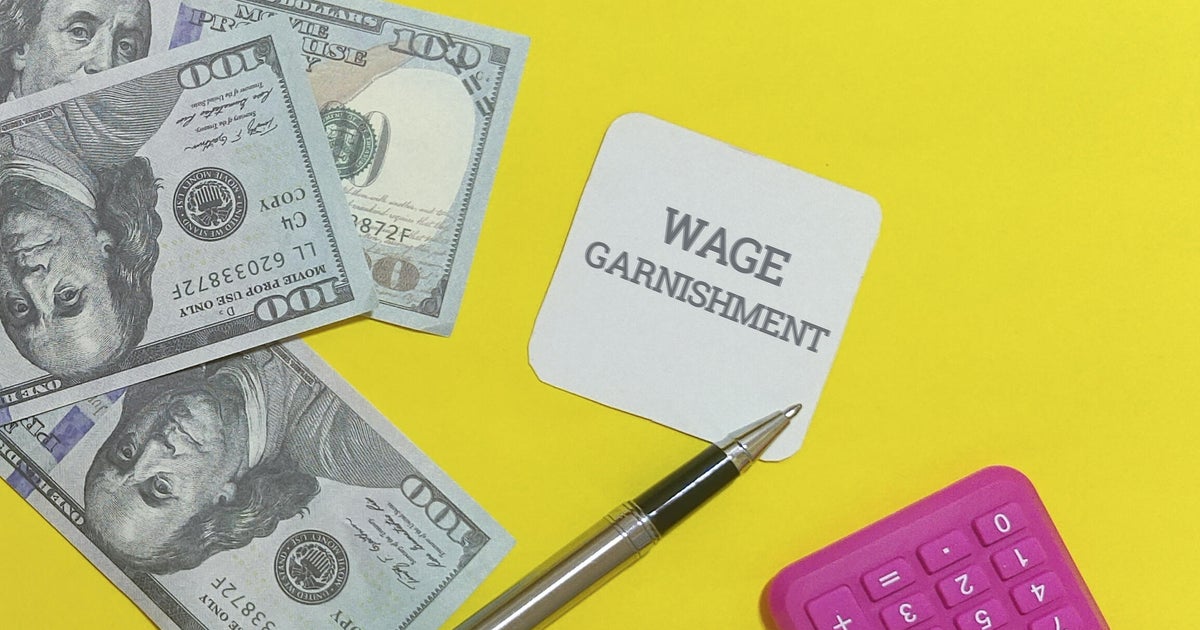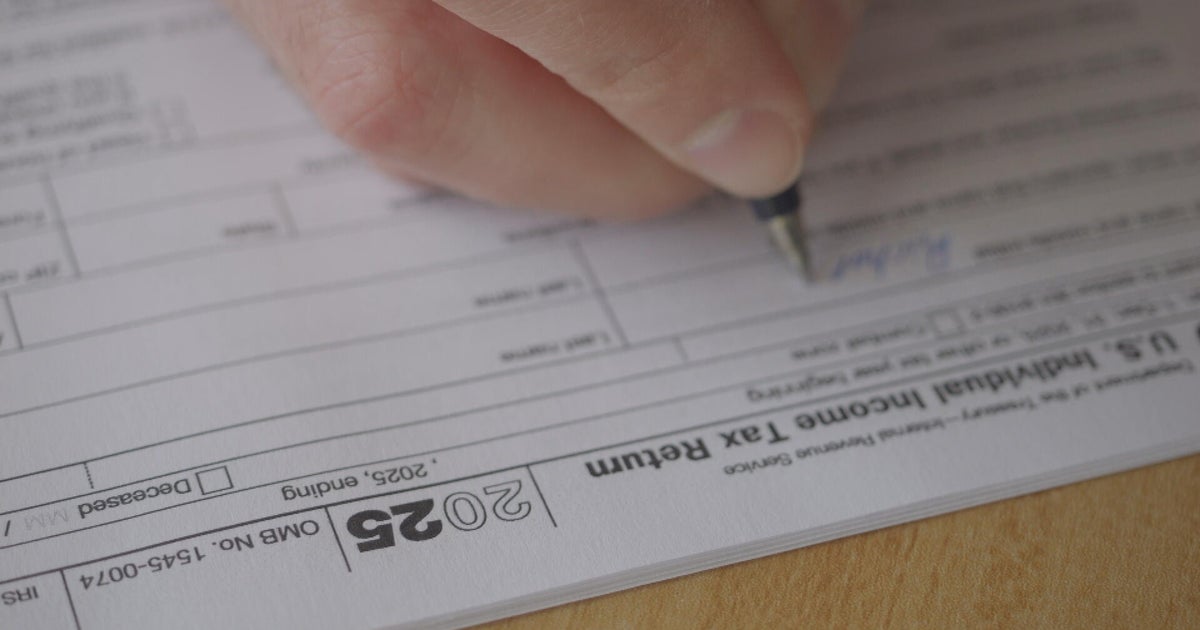Who qualifies for the home office deduction on their taxes?
Millions of Americans worked from home — at least partially — during the coronavirus pandemic years and now many are wondering if they can claim the home office deduction on their federal taxes.
The answer depends on what type of an employee you were the year prior, said Julia Glum, a news editor at Money.
"Unfortunately, in general, if you are an employee, you do not qualify for a home office deduction," Glum told CBS News.
For the last few years, the only people who qualify for the deduction are self-employed, small business owners, freelancers or other types of independent contractors. The home office deduction allows these workers to subtract the money they paid for home office expenses from their income, thus reducing their overall tax liability for the year.
Those who qualify can deduct things like desks, home repairs, office supplies and portions of their mortgage interest and utilities, she added. Homeowners and renters both qualify, and under IRS rules, a "home" could be a house, an apartment, condo, mobile home, boat, unattached garage, studio, barn or greenhouse.
Prior to 2018, employees who receive a W-2 were able to use the home office deduction to offset some of their employment expenses, but the Tax Cuts and Jobs Act did away with that until the end of 2025.
How much can you deduct?
There are two ways to calculate your home office deduction, with the simplest method allowing anyone who qualifies to deduct $5 for every square foot of space in their home used for working — up to 300 square feet or $1,500. A more complicated, but potentially money-saving method, involves itemizing home expenses using Form 8829.
The most important factor, said Glum, is that your home office area be used exclusively for business — not for anything else.
"If you're using that desk regularly and exclusively for work, then you can generally deduct it. If you happen to use that desk, say, for letting your kids do homework at night, or it's also the family dinner table, that does not count," she said.
The IRS kicked off the 2023 tax season on Jan. 23 and the agency is expecting more taxpayers to file their returns early. The agency has received 28.8 million returns as of Feb. 10, and has issued 13.3 million refunds so far, according to the most recent data.
The average refund check so far this year: $2,084, a 13% drop from the same period last year when refunds were averaging about $2,400. It's still early in the tax season, with the IRS typically receiving more than 160 million returns annually. The vast majority of Americans have yet to file so the average refund is likely to change before the April 18 deadline.







